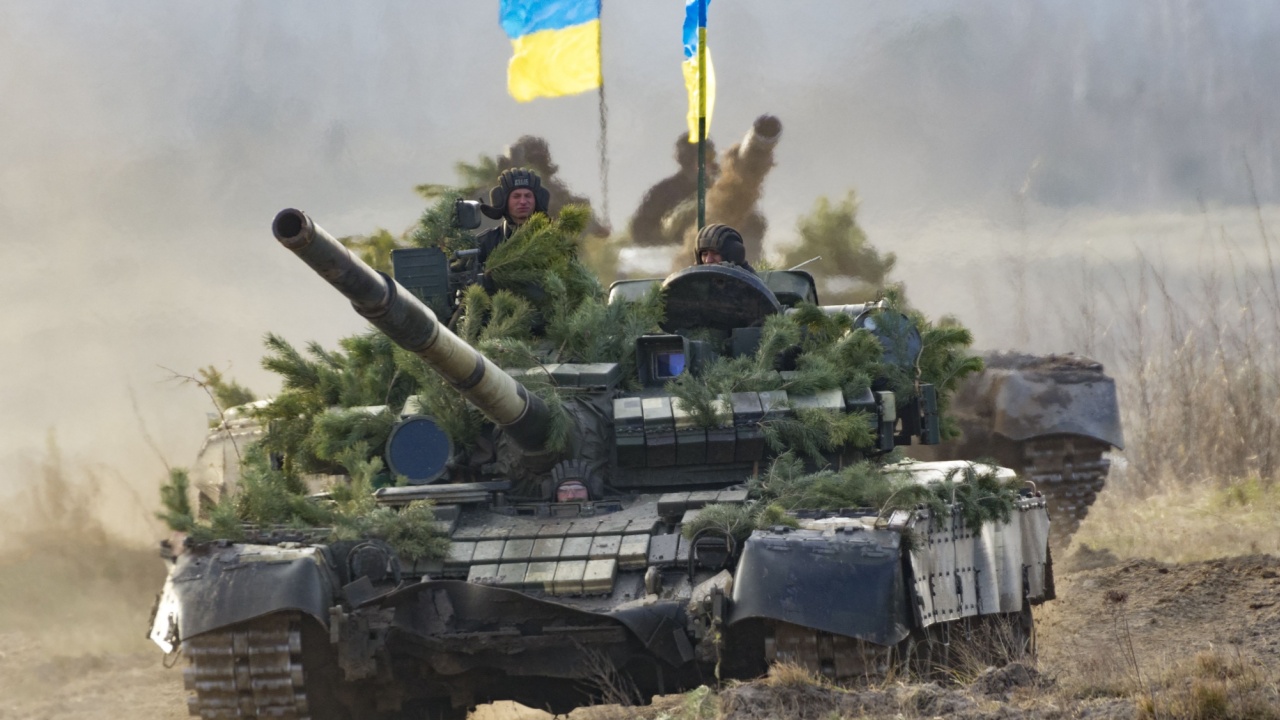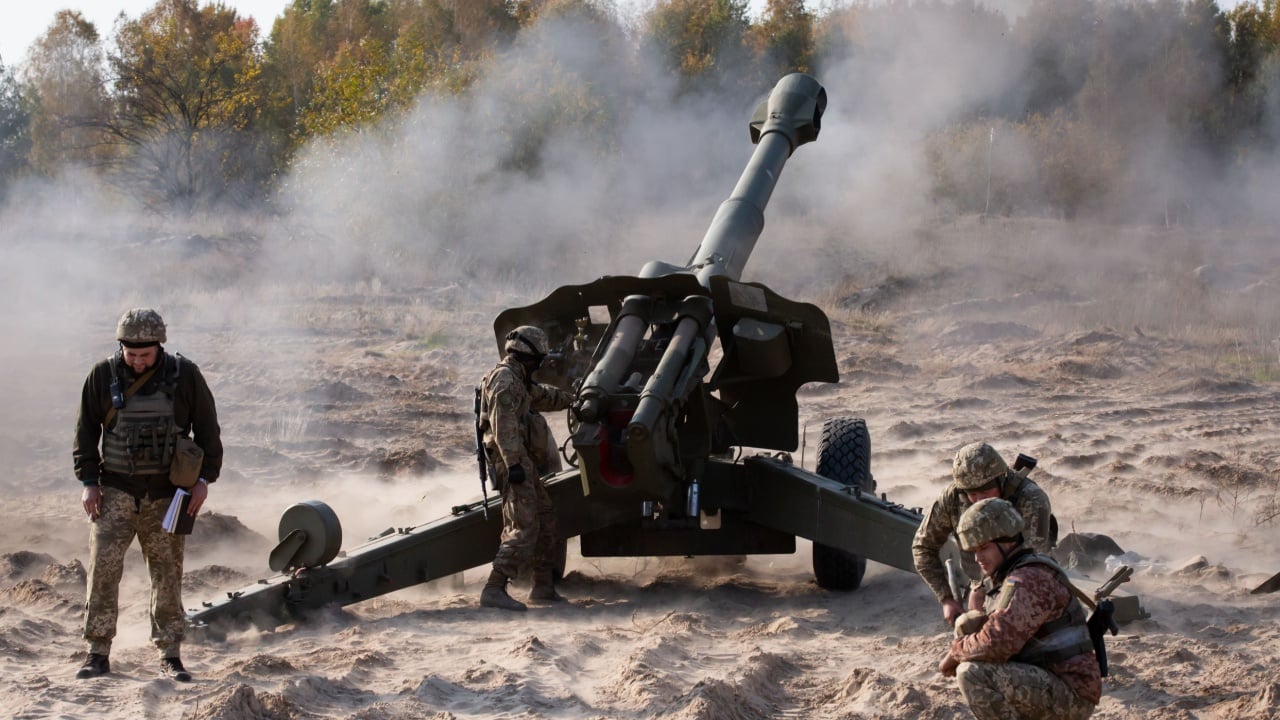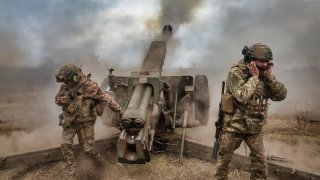Ukraine's Military Is Deep Within Russia As Putin's Troops Drink from Puddles
Putin's Ukraine War Nightmare: The Russian military is facing severe water shortages, affecting even its elite units. British Military Intelligence reports that the lack of potable water has led Russian troops to drink from puddles, resulting in increased waterborne diseases.

What Happens Now? These shortages are partly due to damage caused by Russia's own strikes on utility infrastructure and exacerbated by Ukraine's targeted attacks on Russian logistics.
Bad News: The situation is so dire that Russian pilots have reportedly begged local civilians for water. This crisis is severely impacting the morale and operational effectiveness of Russian forces.
Water Crisis Hits Russian Military: Troops Resort to Drinking From Puddles
While the Ukrainian military is miles deep within Russian territory, the Russian military command can’t even provide water to its troops.
Water shortages are affecting even the most elite units of the Russian military, forcing troops to make do with what is available around them.
Water Shortages for Russian Troops Fighting Ukraine
“Some Russian military units fighting in Ukraine are likely experiencing potable/drinking water shortages,” the British Military Intelligence assessed in its latest estimate of the war.
Interestingly, it appears that the Russian military is responsible—albeit indirectly and intentionally—for the water supply shortages of its troops.
“Damage inflicted during ongoing Russian strikes against utility infrastructure is now almost certainly curtailing water supply. Any water supply issues will have been exacerbated by a period of above-average temperature in the region,” the British Military Intelligence added.
However, the Ukrainian forces have been intentionally taking out key Russian logistical functions with long-range weapon systems. The Ukrainian military has been using an array of weaponry, including M142 High Mobility Rocket Systems (HIMARS), M270 Multiple Launch Rocket Systems (MLRS), MGM-140 Army Tactical Missile System (a tactical ballistic missile fired by the M142 HIMARS and M270 MLRS), Storm Shadow cruise missiles, and SCALP-EG cruise missiles. These systems have been taking out Russian command and control centers, ammunition depots, fuel dumps, water supplies, roads, bridges, railway stations, and anything else that could help the Russian military continue its illegal military operations in Ukraine.
“On 23 July, 2024, a pro-Russian military blogger highlighted water rations for Russian pilots had been restricted to one liter per day. This is equivalent to a quarter of the minimum recommended water requirements for working in high temperatures. As a result, Russian pilots have reportedly approached local citizens for water. The blogger has appealed to Russian water-producing companies to supply Russian military bases with additional water in Rostov, Voronezh, and Crimean air bases.
Generally, military bloggers have been a good source of information about the morale and movements of both militaries. In 2024, social media reign supreme, and their effect is evident even in large-scale military fighting between the two countries.
The fact that Russian pilots have to beg civilians for water isn’t good for the Russian military. A basic human necessity, water is essential for any physical activity, more so for the rigors of fighting.
Due to the water shortages, Russian troops resort to drinking dirty water from puddles or any other sources they can find. As a result, they get sick.
“In response to water shortages some Russian military units have been forced to improvise filtration attempts, using stagnant puddles for daily water requirements. This has highly likely led to an increase of waterborne diseases amongst Russian soldiers,” British Military Intelligence stated.

This isn’t the first time the Kremlin doesn’t provide the necessities to its troops on the frontlines. There have been numerous times in the duration of the conflict when Russian troops lacked basic goods like food rations and ammunition.
“This shortage of water leading to dehydration and increased risk of infection will almost certainly impact morale and operational effectiveness,” British Military Intelligence concluded.
About the Author
Stavros Atlamazoglou is a seasoned defense journalist specializing in special operations and a Hellenic Army veteran (national service with the 575th Marine Battalion and Army HQ). He holds a BA from Johns Hopkins University and an MA from the Johns Hopkins School of Advanced International Studies (SAIS). His work has been featured in Business Insider, Sandboxx, and SOFREP.
Image Credit: Creative Commons and/or Shutterstock.


